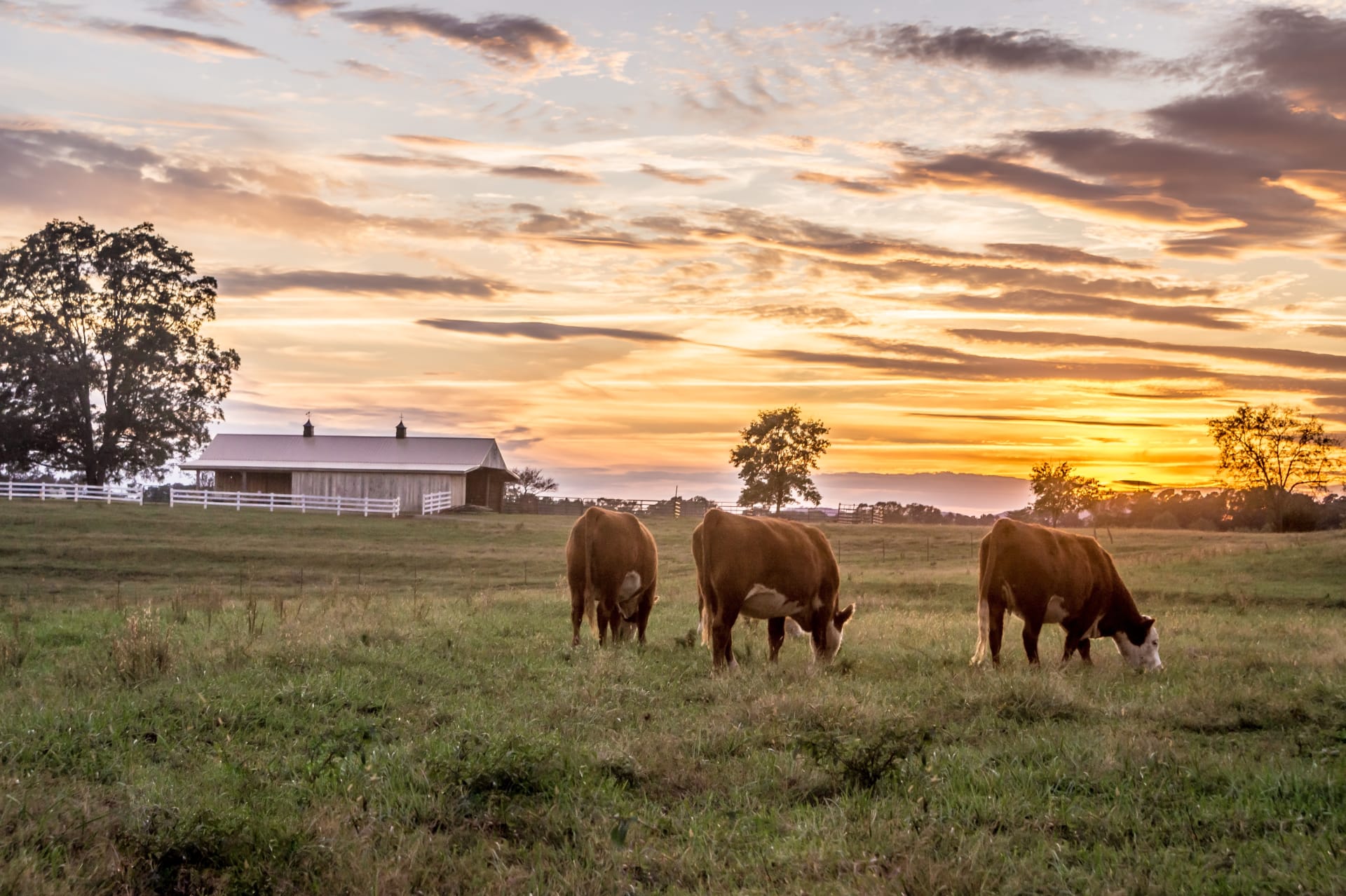You are using an outdated browser. Please upgrade your browser to improve your experience and security.
Support Biodiversity & animal welfare

The issues
- Desserts and pastries often use fewer ingredients in higher volumes than the rest of the kitchen. This can make the potential for over-reliance on certain crops and ingredients a bigger concern
- Dairy and eggs feature heavily in sweet gastronomy. How the animals are treated needs to be considered from ethical and environmental perspectives
- The growing trend towards veganism means an increasing need for, and reliance on, alternative ingredients, such as oat or nut milk instead of dairy. The impacts of these ingredients often come with their own social and environmental concerns.
Why it matters
Increasing demand for food can lead to land, such as forests, being converted for agricultural use. The replacement of the natural environments with crops and or livestock farming can result in a loss of animal and plant life, as can the use of chemical fertilizers and pesticides. As well as contributing to biodiversity loss and environmental pollution, agriculture can accelerate climate change through the release of greenhouse gases and the destruction of plants and woodlands that store carbon dioxide.
Higher welfare standards on farms offer animals better treatment and living conditions. Ethical farming practices can mean animals have more space and varied natural environments to live in, as well as supporting biodiversity by preserving habitats for plants and insects.
Top tips to support Biodiversity & animal welfare
- Use cage-free eggs as an absolute minimum
- Ask your suppliers about the welfare standards in place for all dairy items
- Source organic dry store goods such as flour and sugar which ensure positive growing practices with minimal chemical intervention
Get inspired by our contributors

It took Maxime Frederic two years to perfect his milk sourcing. But today, the Head Pastry Chef of the Cheval Blanc Paris is happy to be working directly with the Normandy dairy farm La Ferme de la Fosse à l’Eau that provides all four restaurants and the hotel with its milk. The small organic dairy was struggling to stay in business due to low dairy prices and the physically and mentally exhausting job of farming.
When Maxime explained his vision to support the farm directly, paying a fixed price for their milk, it changed everything. Today, Maxime pays a price that has been agreed directly with the farmers Christophe and Corinne and is set at a level which works for them. This allows them to only have to milk their cows once a day rather than multiple times, as well as ensuring the cows can rest, meaning in turn that the animals have a better standard of living and are more valued.
“For us it’s a tangible act and we see the impact in our teams when they open a bucket of milk – there’s a real respect and a real recognition of its value.”
Not only has Maxime’s partnership with the farm created jobs - the farm has gone from two full time employees to six - but it’s meant that the farm can maintain its high animal welfare standards and receive a fair price for its product, while the chefs back at the Cheval Blanc Paris truly understand the value of the product they’re using.
Maxime FRÉDÉRIC
Head Pastry Chef
Cheval Blanc Paris
Paris, France

We love exploring underused ingredients within pastry” says Head Chef of Amber Restaurant Richard Ekkebus. While nuts feature often in pastry and desserts, seeds tend to be less used. Richard has been working with sunflower and pumpkin seeds and re-purposing these into a form of praline, replacing hazelnuts in the process. Not only does this use often ignored or wasted ingredients but it also opens up a whole new spectrum of flavors for his desserts.
Richard EKKEBUS
Head Chef
Amber
Hong Kong